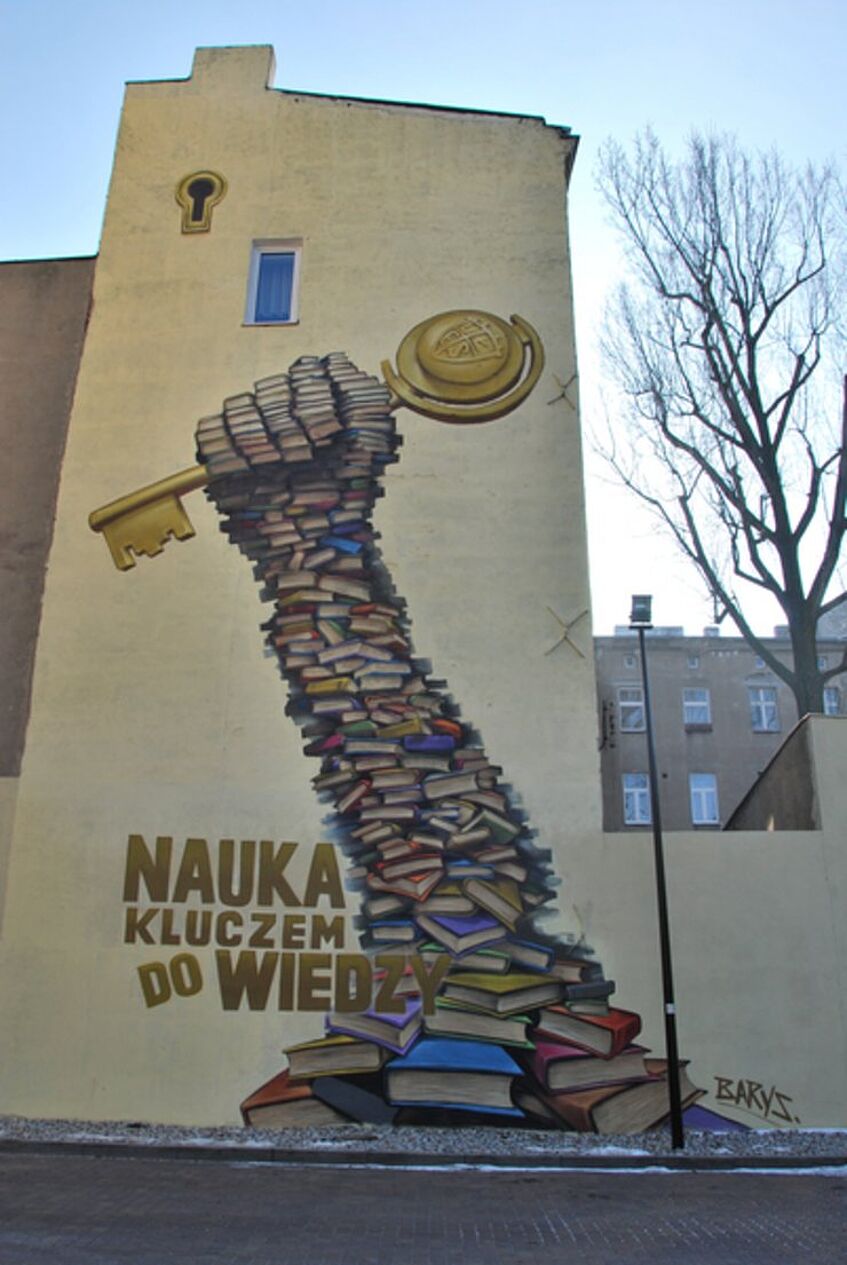
Academic Authority and the Politics of Science and History in Eastern Europe
Online, June/July 2020
Rescheduled from 20-21 March 2020 (GWZO, Specks Hof (Entrance A), 4th floor / Reichsstraße 4–6, 04109 Leipzig) due to the Covid-19 pandemic
Organisers: Dietlind Hüchtker, Karin Reichenbach, Friedrich Cain, Bernhard Kleeberg, and Jan Surman
Funded by: Forum for the Study of the Global Condition
Contact: Friedrich Cain
The workshop is the fifth in a series of sessions organized by the Erfurt/Leipzig/Moscow working group on Political Epistemologies of (Eastern) Europe and focusses on academic authority and the scholar as the central figure of knowledge production. Observing a basic diversity and continuous transformation of epistemologies along with the emergence as well as destabilization or decline of epistemic authorities, the workshop discusses the history of epistemological shifts in Central and Eastern Europe over the past fifty years. While directing its gaze at a recently contested expert of knowledge production – the scholar, it aims to investigate historical challenges of (academic) scholarship’s role as the paramount producer of scientific truth.
The workshop covers a broad spectrum of topics related to this field. We will analyze challenges, transitions, liminalities, and practices concentrating on the socialist and post-socialist systems of humanities in Eastern Germany, Russia, Hungary, Romania, Czechia and Poland.
Due to the Covid-19 pandemic, the workshop was rescheduled as a seminar series as a part of the Kolloquium “Wissenschaftsgeschichte” at the University of Erfurt:
16.6.2020, 18:00-20:00
Friedrich Cain/Dietlind Hüchtker/Bernhard Kleeberg/Karin Reichenbach/Jan Surman: Academic Authority and the Politics of Science and History in Eastern Europe – Introduction
Michał Pawleta (Poznań): In the Shadow of the Omnipresent Past: The New Approach of the Contemporary Poles to the Past
30.6.2020, 18:00-20:00
Miglena Nikolchina (Sofia): Is Literary Theory Dead?
Andrea Pető (Budapest): Making Illiberal Memory Politics via Creating Alternative Systems and Institutions of Academic Authority
7.7.2020, 18:00-20:00
Anne Kluger (Münster): “Honecker’s Vassal” or a Prehistorian in Service of Science? The Concept of “the Scholar” in the Debate on Joachim Herrmann and the Evaluation of Former East-German Researchers in Reunified Germany
Ionuț Mircea Marcu (Bucharest): The Historiographical Field in Post-Socialist Romania: Institutions, Careers and Epistemic Innovations
14.7.2020, 18:00-20:00
Ella Rossman (Moscow): Gender and Gender History in Post-Soviet Russia: Depoliticization of Terminology and Disciplinary Marginalization
Andreas Langenohl (Gießen): History and the Memory Wars of the Wild 1990s: The Case of Russia
